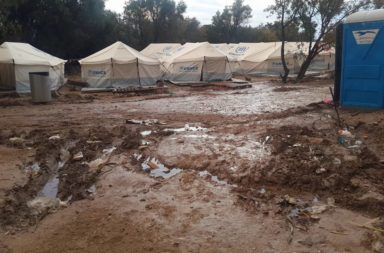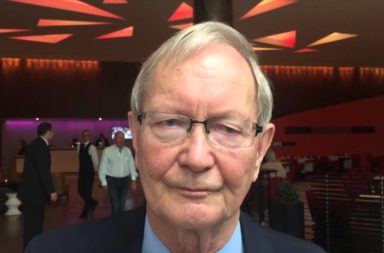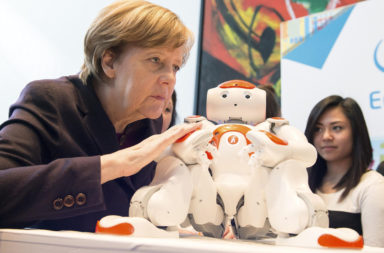Tunne Kelam, a famous Estonian freedom fighter, member of the European Parliament for 12 years and representative of the European People’s Party in the influential Foreign Affairs Committee, met with GLOBALO in Brussels to discuss the refugee crisis.
Mr Kelam was an essential part of freeing Estonia from the iron grip of the USSR. He founded the first free parliament in the former republic of the USSR. He was elected to the Estonian Parliament in 1991, after Estonia formally declared independence from the Soviet Union. He served in the Estonian Parliament until 2004, when he joined the European Parliament. He represents the ‘Pro Patria and Res Publica Union’ (IRL), part of the European People’s Party.
Estonia is the role model for radical reforms and good government in the EU.
In regards to the current role of Europe in the refugee crisis, Mr Kelam said that the “main problem is that we can’t stay in the role of ‘Good Samaritan’.”
- “There are limits for every EU member state to accept refugees.”
- “It’s hopeless to play the role of passive channel for millions of refugees who continue to flow to Europe because there is no alternative for them.”
In terms of the situation in Syria and the Middle East:
- “We could have contributed to democratic change five years ago in Syria, but we abstained.”
- “Moderate forces lost ground and the vacuum was created, filled by Islamic extremists and by Russia.”
- “From all meetings with people from Syria, their first priority is to stay at home. But they don’t have a perspective on how to return to their homes which are destroyed or controlled by terrorists.”
Mr Kelam laid out his proposal for what Europe should be doing in Syria.
- “First of all, we need to settle the situation on the ground“, he said.
- “Help them first by creating safe zones in Syria and Iraq, and then contributing to political settlement”.
The main problem of the European Union however, is “a lack of long-term strategy, and the problem of coordination and implementation. Because it is a long period before implementation can be carried out by the EU and member states.”




